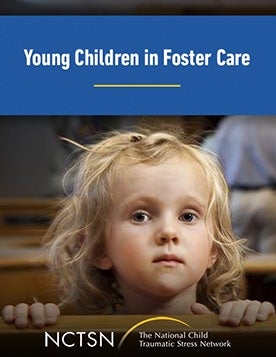
Addressing Transition Issues for Young Foster Children
Discusses the many transitions experienced by, and the challenges transitions pose for, young traumatized children in the child welfare system.
The following resources on child trauma were developed by the NCTSN. To find a specific topic or resource, enter keywords in the search box, or filter by resource type, trauma type, language, or audience.

Discusses the many transitions experienced by, and the challenges transitions pose for, young traumatized children in the child welfare system.
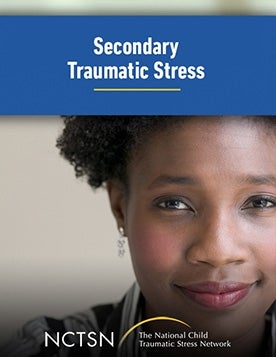
Addresses the potential for secondary traumatic stress in disaster and terrorism settings and outline some recommended actions for preventing and reducing the potentially stressful impact of this work on disaster mental health providers.
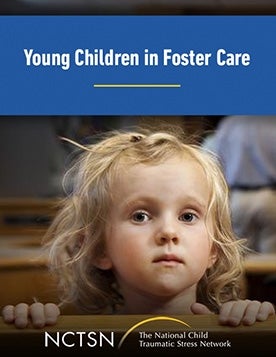
Addresses the important role visitation plays for young foster children and their caregivers.
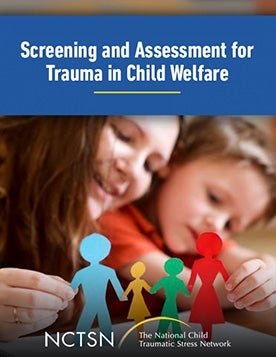
Describes, compares, and contrasts three specific trauma screening and assessment instruments that have been used extensively within child welfare settings.
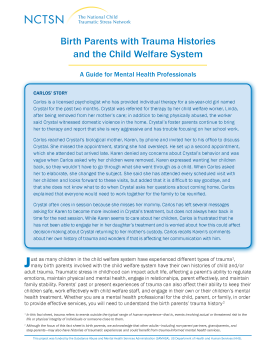
Highlights the importance of understanding the serious consequences that trauma histories can have for birth parents.
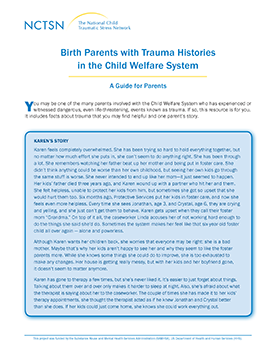
Highlights the importance of birth parents understanding the serious consequences their trauma histories can have on them and the subsequent potential impact on their parenting.
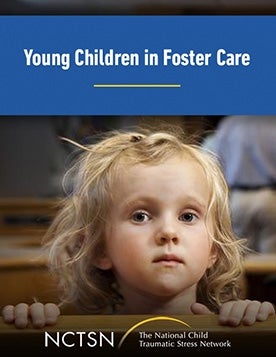
Discusses the importance of identifying and implementing effective strategies for self-care in dealing with the emotional challenges of working with infants, young children, and their caregivers who have been traumatized.
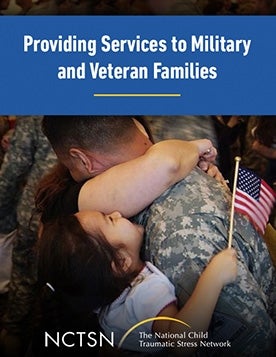
Explores several programs and projects, including innovative community-based initiatives, designed to support the behavioral health of military veterans and their families.
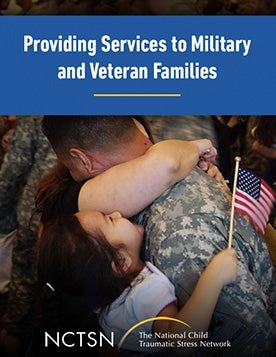
Discusses initiatives addressing the creation of a military social work curriculum.
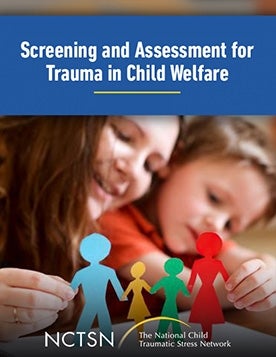
Describes the prevalence and impact of trauma on children in the child welfare system and the rationale for trauma screening and assessment.
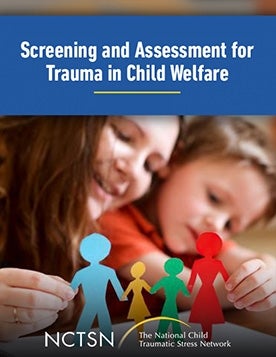
Explores the rationale for and utility of screening and assessing for trauma in child welfare setting.
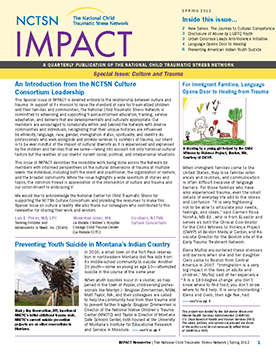
Focuses entirely on the relationship between culture and trauma.